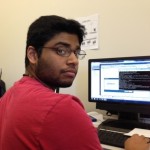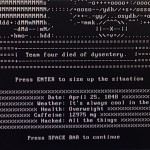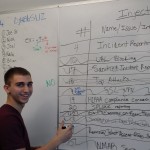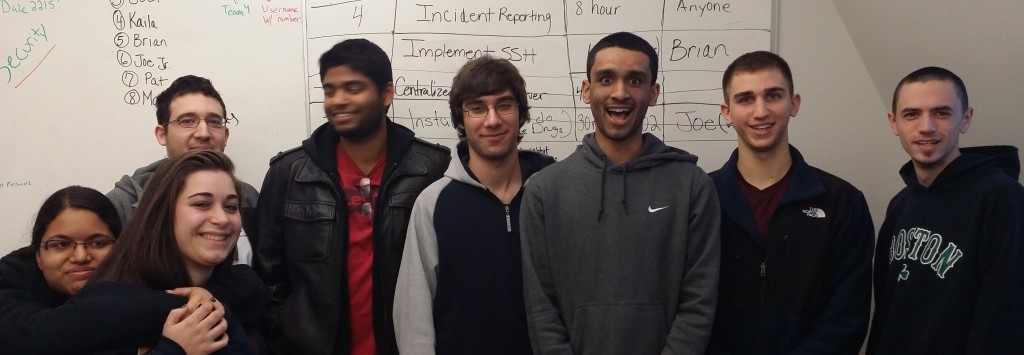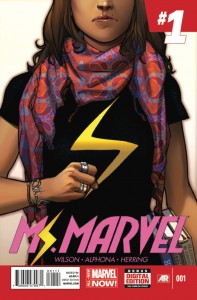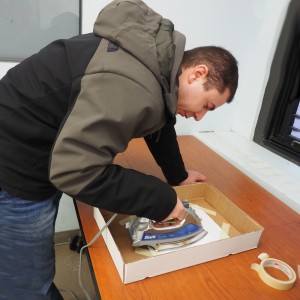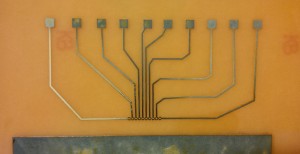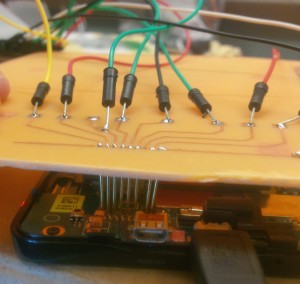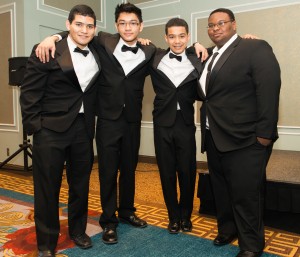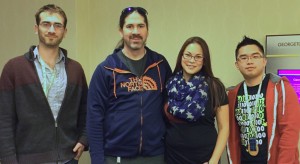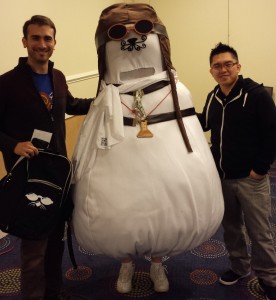Freshman year of college is a year of discovery and exploration. Your first year is a great time to find what inspires you and what you want to spend the next four years pursuing. It can be tricky to navigate the sea of different majors when choosing just one or two feels like such a huge decision. But not to worry — for those who are interested in the complex world of computing, the chair of Information Technology (IT) at Seidenberg Dr. Cathy Dwyer sits down and answers a few questions freshmen want to know.
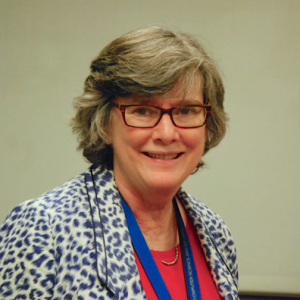
What is the difference between Computer Science (CS), Information Systems (IS) and Information technology (IT)?
“There are a few differences between CS and IS and IT. CS focuses more on building software, whereas IT and IS focus more on the use or the application of it. CS is where you focus on building software — you become interested in things like “is this the right algorithm?” “Is this software being as efficient as it can be?” “Am I using the resources of the machine in the best possible way?” In CS you study patterns and techniques to make your software as efficient as possible.
In the IS and IT department, your focus is more on the application of the program. These students think more on how to use the programs and the best way to use them. It is more focused on identifying real world problems that people have and want to use technology for. IS and IT students look at problems in such a way that you can say, “okay, this is the right tool and this is the right way to use it.” That is the difference between the two.”
What is a skill that both IS and IT students should have?
“You actually need two sets of skills. You need to have good IT skills but also good people skills; it’s very important to be able to communicate. When you get a job, it isn’t just working in IT — you’re also sort of a conduit. You need to be able to explain your IT skills to people in a way that those who are not in that department will understand. There are a lot of excellent programmers who can’t explain what they’re doing unless it’s with someone who is also in that field, so this is where good people skills come in.
What is big in IT and IS?
“Right now it is big data, data analytics, text analytics and using a variety of analysis tools to look for relationships between the data that are of interest and documenting or explaining them in a way that’s useful.”
What’s the best way to find an internship?
“The most important thing is to get involved in Co-op and Career Services. I know it can be a pain sometimes to go to workshops, but they are definitely worth it. Seidenberg actually has someone in the office every Wednesday that can help you find an internship. Just from spending time at Seidenberg, you’ll hear about internships and there is also a bulletin board that is always filled with flyers advertising different job opportunities for students. For freshmen and sophomores, it’s really about feeling ready for an internship, and what’s great about career services is that there are interview workshops to help you prepare and the Seidenberg career counselor is available to look at your resume and talk about what to emphasize and maybe even discuss other opportunities to further your experience before you take an internship.”
For freshmen, an internship may be the first job they ever have. Sometimes asking about money can be awkward, what do you think the best way to ask an employer about payment?
“It’s about asking at the right point. Before you actually commit to something, just ask. If they don’t answer you, they most likely are not going to pay you. So it is up to the individual to decide if the job is worth the experience or not.”
Are there any classes you recommend to freshmen?
“If there are any freshmen in the IT or IS department, I should know them. Come and introduce yourself and together we can figure out what you’re really interested in and what courses are best for you. For people who are testing the water, I suggest they take the Web Authoring and Multimedia Class (CIT231) or Service Learning (CIS102W) or Hardware (CIT211) as a way to get their foot in the door. But to really pick a direction, come talk to me or make an appointment to talk to one of our very talent academic advisors Stephanie Elson and Kim Brazaitis to find the right path for you!”
Do you have any advice for freshmen?
“I really encourage students to try to get internships. Come to the computer club — get involved in any student activity. Go to meetups just so you’re exposed to the profession, so you can get a sense of what people in your field are doing and the kind of problems they are working on.”
Dr. Dwyer is currently teaching Introduction to Information Technology (CIT 110) and in the Fall she will be teaching a graduate course on Social and Mobile Technologies (IS 676) and Java Programming (CIT 312) — check them out in Schedule Explorer!



